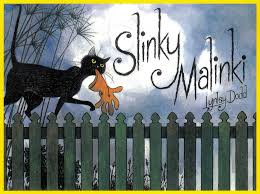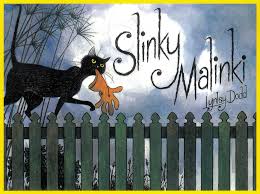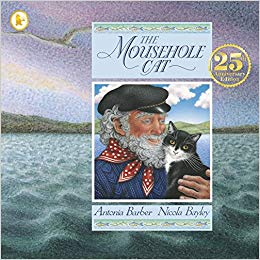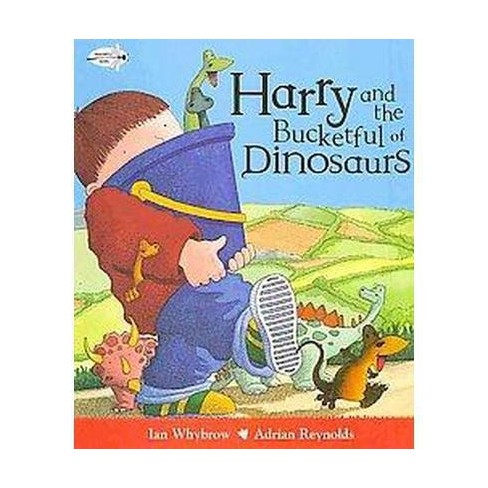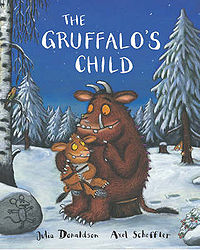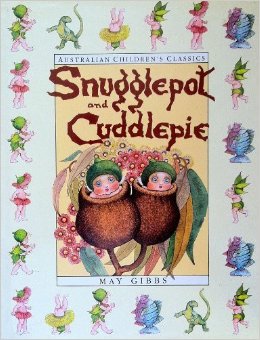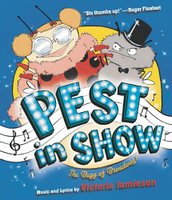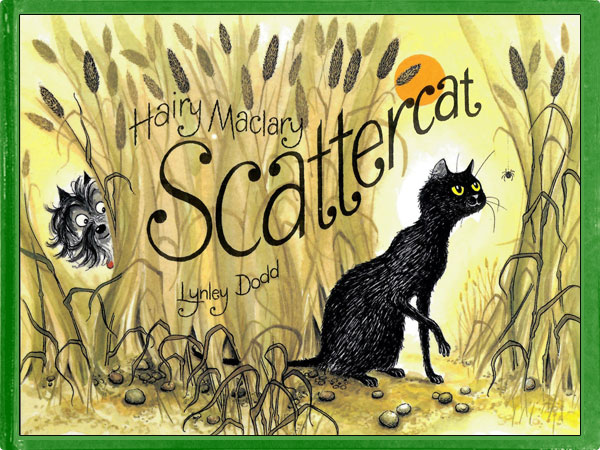Christopher’s Choice: Each week, C gets four or five books out of the library, and picks one as his favourite, and I review it. This is this week’s choice.
POINTS: 3 out of 10.
Bechdel: 0 points
Variety of characters: 0 points
Good story: 2 points
Discretionary ideological points: 1 point

I was so glad C chose this book, because I am quite excited to tell you about it. It actually made me tear up a little bit when I read it to him, and when I just skimmed through it again now in preparation of writing this, it happened again.
It doesn’t pass the Bechdel, and it has no diversity, but there is something really quite wonderful going on in this book.
So Snail is hiding in his shell because it is raining and he doesn’t want to come out, and Turtle does all he can to coax Snail out of his shell. He does all of Snail’s favourite tricks, but to no avail. And then something magical happens. Turtle gently pats Snail’s shell and says, “Maybe tomorrow will be brighter”.
Tomorrow is worse. The storm intensifies. Snail continues to hide. It keeps raining, day after day, and then Turtle makes a plan, and starts building Snail a shelter. He adds swirls because “swirls are what Snail loves best”. The storm gets worse.
And Turtle says, “It’s alright Snail. Stay in, as long as you need.”
The next day, it is still raining, but now Turtle has built a shelter, and he manages to coax Snail out of his shell. They sit in the shelter and eat the food Turtle has brought. And Snail finds them “surprisingly delicious”.
And that’s when I get all teary. Because blow me down if this isn’t a story about helping a depressed friend, you guys. And Turtle does it so well.
In a world where more and more people are struggling with depression (or maybe just a world where more of them are talking about it), this story is a very gentle, very subtle way of showing kids how to help people they care about. You do what you can. You make a shelter, if you can. You show up. And you let them take as long as they need. And when they come out you hug them and feed them. 🙂
It’s… beautiful. Compassionate. Wonderful. And so beautiful.
❤
Highly recommended.
